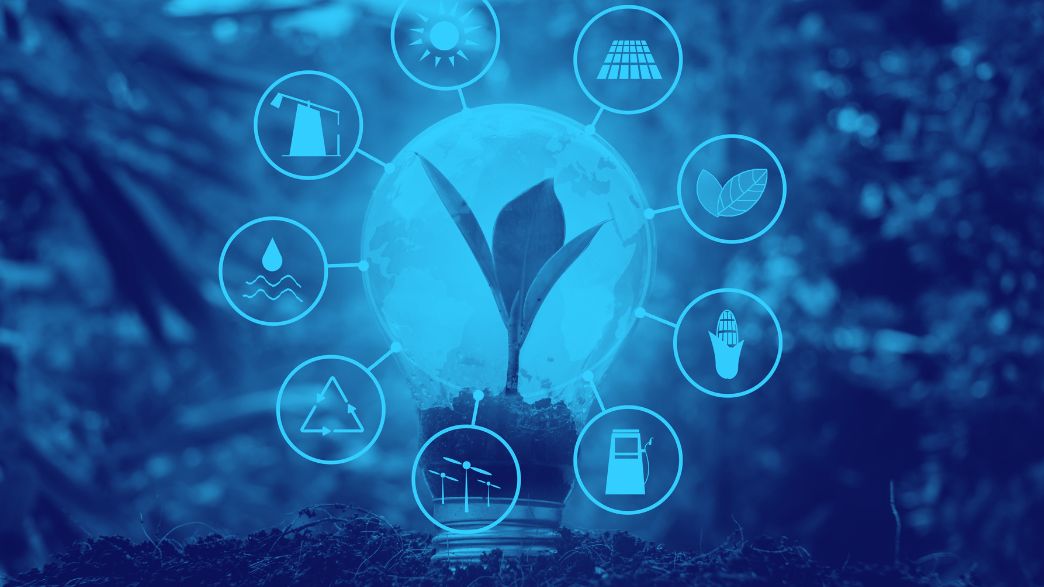The Brazilian presidency of the G20 and the search for a sustainable future
Brazil assumed the rotating Presidency of the group of the 20 largest economies in the world in December 2023, with the main objective of highlighting the transition to sustainable energy sources, promoting reforms in the global governance model and intensifying efforts in the fight against inequality and hunger.
During its G20 presidency in 2023, under the theme “Building a fair world and a sustainable planet”, Brazil highlighted the importance of collective action in the fight against the climate crisis. The Intergovernmental Panel on Climate Change (IPCC) and the Climate Change Convention (UNFCCC) have warned of the urgency of accelerating global efforts to avoid catastrophic consequences. COP28 in Dubai highlighted this critical need.
The economic and human harms of climate inaction are alarming. In 2022, economic losses of more than US$313 billion were reported, with the possibility of millions of Brazilians facing extreme poverty by 2030 due to climate shocks, according to the World Bank. The transition to carbon-neutral economies by 2030 requires significant investment, especially in emerging economies, which currently receive less than 27% of the necessary funds.
G20 countries are vital in this scenario, accounting for around 70% of global greenhouse gas emissions and 80% of global GDP. The G20 has evolved to include climate change on its agenda, paving the way for concrete action in areas such as energy, agriculture and finance. Initiatives such as the G20 Sherpa and Finance Tracks provide platforms for significant advances in sustainability and climate finance.
As leader of the G20, Brazil had the opportunity to drive ambitious policies, investments and innovations that address the climate crisis and sustainable development. Brazil’s position is unique, given its wealth in natural resources and institutional capacity, placing it as a potential protagonist in climate solutions.
The G20 agenda under Brazilian leadership focused on synergy and effectiveness between the different working groups, encouraging positive actions and monitoring progress in investments for the climate transition. Expanding sustainable finance in developing countries and international cooperation have been essential to tackling the global climate crisis.
The advances of the G20 in Brazil must be reflected in a clear vision and an implementation path until 2025, coinciding with South Africa’s G20 presidency and COP30 in Brazil. This crucial period required pragmatic and active leadership, placing the future and sustainability at the center of the Brazilian and global political agenda.
This historic moment for Brazil at the G20 represented a unique chance to shape the global climate agenda, with lasting repercussions. Brazilian leadership can catalyze robust commitments and concrete actions from member countries for an effective and inclusive green transition.
Brazil’s role was crucial in promoting international solidarity, especially in supporting the most vulnerable countries. By aligning the G20 objectives with those of the Paris Agreement, Brazil can promote strategies that balance economic development and environmental protection. This includes promoting low-carbon technologies, renewable energy and sustainable agricultural practices. IRENA (International Renewable Energy Agency) suggests that investments in renewable energy can generate three times more jobs than fossil fuels, representing an opportunity for sustainable economic growth.
Furthermore, effective debt management and the creation of innovative financial instruments, such as debt-for-climate swaps, can offer solutions to the financial challenges many countries face as they seek to transition to a green economy.

Comment